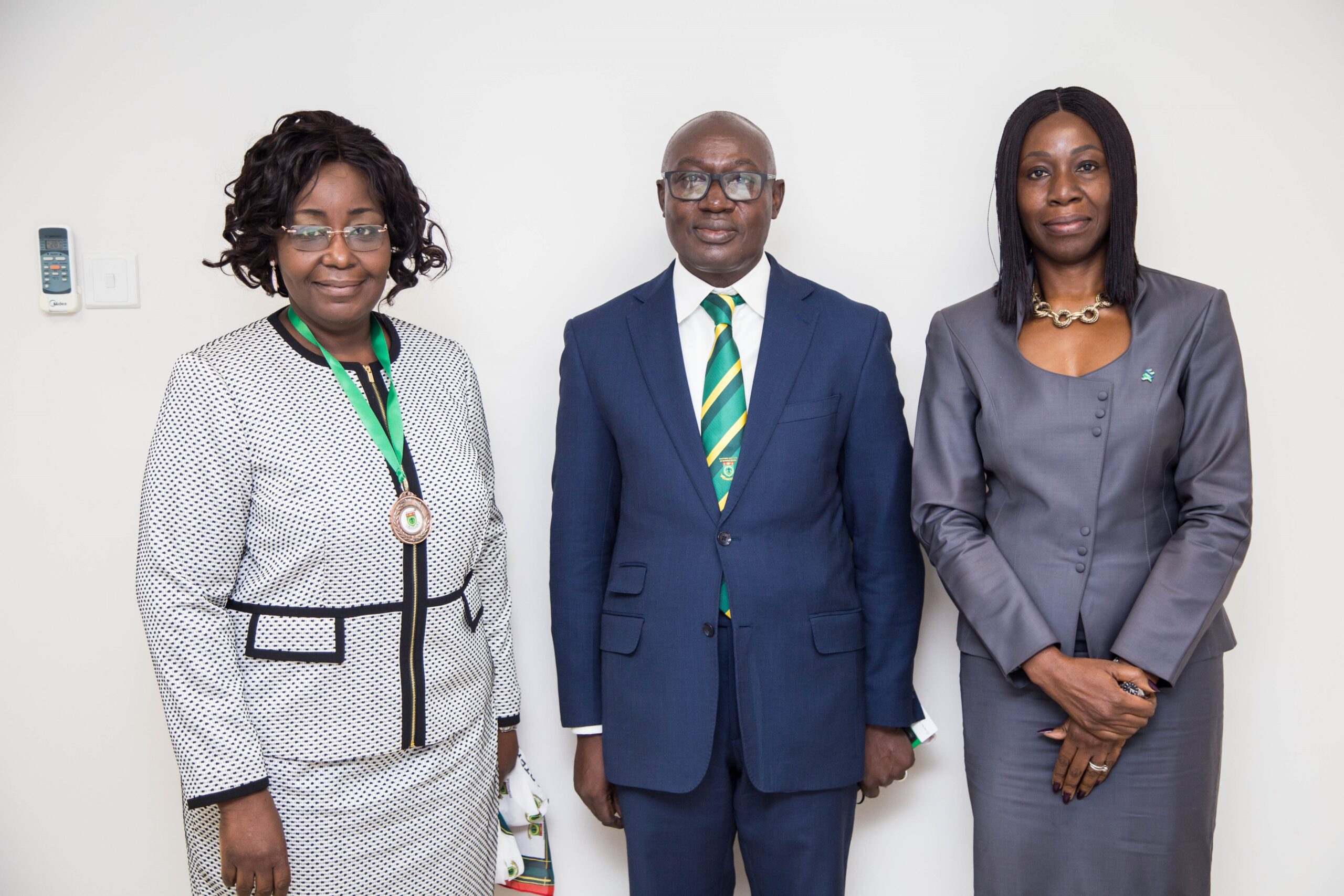The Bank of Ghana has called on banks to foster collaboration with the soon-to-be established Ghana Development Bank in order to hasten the economic recovery efforts of government amid the pandemic.
Speaking at the 24th National Banking Conference organised by the Chartered Institute of Bankers (CIB), Head of Banking Supervision at the central bank, Osei Gyasi, said the global pandemic’s impact on the local economy and financial sector has brought the need for banks to forge partnership with the coming development bank – which will operate as a Development Financial Institution (DFI) in order to financially support some key sectors of the economy.
“The Bank of Ghana, in collaboration with other stakeholders, developed the regulatory framework that led to passage of the Development Finance Institutions bill. The bill provides for the establishment of different classes of DFIs.
“Recent developments show that development banks can be important policy tools in supporting economic recovery efforts due to the counter-cyclical funding they provide during periods of economic downturn – such as is being experienced in most countries due to the COVID-19 pandemic.
“This has led to a renaissance of DFIs, especially in developing economies. Our understanding is that the development bank will operate as a wholesale DFI, and so will be working with participating financial institutions in providing credit facilities. This therefore provides further opportunities for banks to collaborate with the development bank when it is established to support key development-oriented sectors of the economy,” he said at the event in Accra.
Also, commenting on the theme ‘The Changing Banking Landscape: Leveraging the Impact of COVID-19 to be Future Ready’, Managing Director of Standard Chartered Bank-Ghana, Mansa Nettey, said the new normal of online and digital banking has come to stay and this requires industry players to embrace that change – adding that it is time for collaboration among banks to leverage opportunities brought by the pandemic.
“One thing is certain: the transformation-shift to digital banking, remote working, payment and interactions are here to stay. Judging by the success with which we, as financial institutions, have delivered services to our clients, it is difficult not to believe that we have defined a new model for the future of business.

“To sustain this new model and better embrace the change we continue to experience, we will require a mindset that enables us to collaborate with our clients, stakeholders, competitors and regulators. Now more than ever, it is time to share and connect with each other. We can do it in a safer environment with key focus on safety and well-being of our employees, convenience and speed for our clients, and consistent and shared learning among key players in our industry,” she said.
President of the Chartered Institute of Bankers, Patricia Sappor, used the platform to commend banks for introducing innovative products and services to offer convenience for clients and adapting to the sudden change and disruptions which the pandemic brought in the industry.
“Banks and financial services providers are designing innovative and tailor-made services and products which meet the needs of customers and ensure their sustainability. Similarly, the financial industry has successfully navigated the exigencies of the COVID-19 emergency by adjusting their working models to drive proficiency and strength. New ways are being explored to utilise this emergency as a springboard to reconsider their position in the new order and norm.
“In spite of the gains made so far, new work models and financial strategies will be required to launch the industry beyond recovery and build confidence in the sector through coordinated roles to be played by key stakeholders in future,” she said.
Osei Gyasi delivering his address
Patricia Sappor delivering her welcome address
Leadership of CIB Ghana with Mansa Nettey, MD-Standard Chartered Bank (right) FIN










